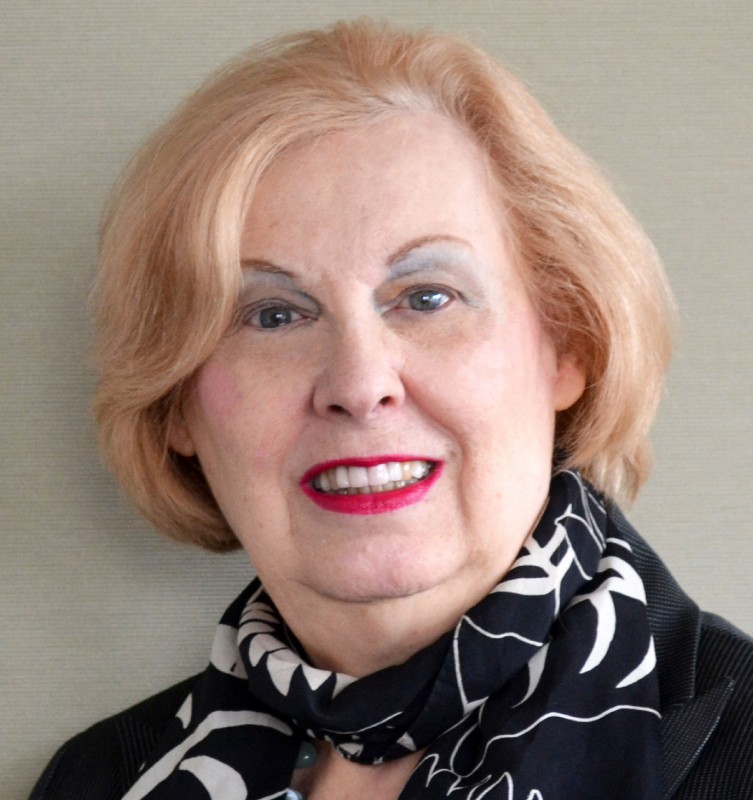Guest Post: CancerCare Addresses Issues of Access to Supportive Care and the Changing Needs of Patients in the Last Twenty Years
This month, as part of the 20 Years Later blog series, we are revisiting the fifth principle of the Imperatives for Quality Cancer Care: Access, Advocacy, and Accountability. This principle states: “People with cancer should be provided a range of benefits by all health care plans that includes primary and secondary prevention, early detection, initial treatment, supportive therapies to manage pain, nausea, fatigue and infections, long-term follow up, psychosocial services, palliative care, hospice care, and bereavement counseling.” In this post, our friends at CancerCare address how access of cancer patients to supportive care has improved in the last twenty years as well as changes in the needs of patients in the last twenty years.

Caroline Kornhauser, MPH
During the past twenty years, there has been an increase in cancer survivorship, with greater attention to overall quality-of-life and access to supportive care. The National Cancer Institute identifies that the goals of supportive care are to prevent or treat as early as possible cancer symptoms, the side effects caused by treatment, and the psychological, social and spiritual concerns, and problems related to cancer or its treatment. Major scientific, technologic, and psychosocial innovations have occurred in the assessment and management of treatment side effects, pain, palliative care, and psychosocial distress that have significantly improved the quality of life and survivorship for many.

Dawn Zador
In addition, increasing internet utilization enables more patients and their caregivers to access information, become more informed consumers of cancer services and communicate online with members of their health care team, from their doctors to pharmacists, and psychosocial support team. The internet currently offers a proliferation of psychosocial support services, providing patients access to telephone and online support groups, counseling, and financial services, including child care, transportation, and co-payment assistance programs. With the Affordable Care Act, people living with cancer and survivors now have access to an infrastructure which includes access to more screening and early detection, and treatment and supportive care services.

Sarah Quinlan, BA
While improvements have been made in the availability of supportive care, it is important to remember the obstacles and challenges that many people still experience, including individuals living in rural areas, poverty, and low socioeconomic status, and language, cultural and racial barriers; and the following populations: young adults, older adults, caregivers, LGBTQ, and children and teens whose loved ones have cancer. To enable all individuals to access supportive care services, these barriers need to be addressed.
Just as there have been increases and changes in access to supportive care, these have been mirrored in the needs of people living with cancer. As people are increasingly educated regarding their cancer diagnosis, the stigma of cancer may diminish, exemplified by people and their health care team being ready to more openly discuss cancer with many, but not all. This is significant as the number of people living with and beyond a cancer diagnosis has continued to increase as the population ages. Over the past two decades, with a growing number of people living with cancer, more palliative and supportive care programs are emerging and a greater understanding of quality-of-life and side effect management is developing.
In summary, much has evolved over the past 20 years, reacting to the needs of cancer patients and their caregivers, specifically with access to supportive care services. These advances are unparalleled in the history of the treatment of cancer, but more efforts need to be made to continually address the needs of all cancer patients and fill in the missing gaps.
The authors of this post are Caroline Kornhauser, MPH, Education Outreach Coordinator, CancerCare; Dawn Zador, Senior Education Program Manager, CancerCare; and Sarah Quinlan, BA, Senior Education Technical and Marketing Coordinator, CancerCare. CancerCare® is the leading national organization providing free, professional support services and information to help people manage the emotional, practical and financial challenges of cancer. The views & opinions expressed in any guest post featured on our site are those of the guest author and do not necessarily reflect the opinions & views of the National Coalition for Cancer Survivorship. Read our blog and comment policies here.




